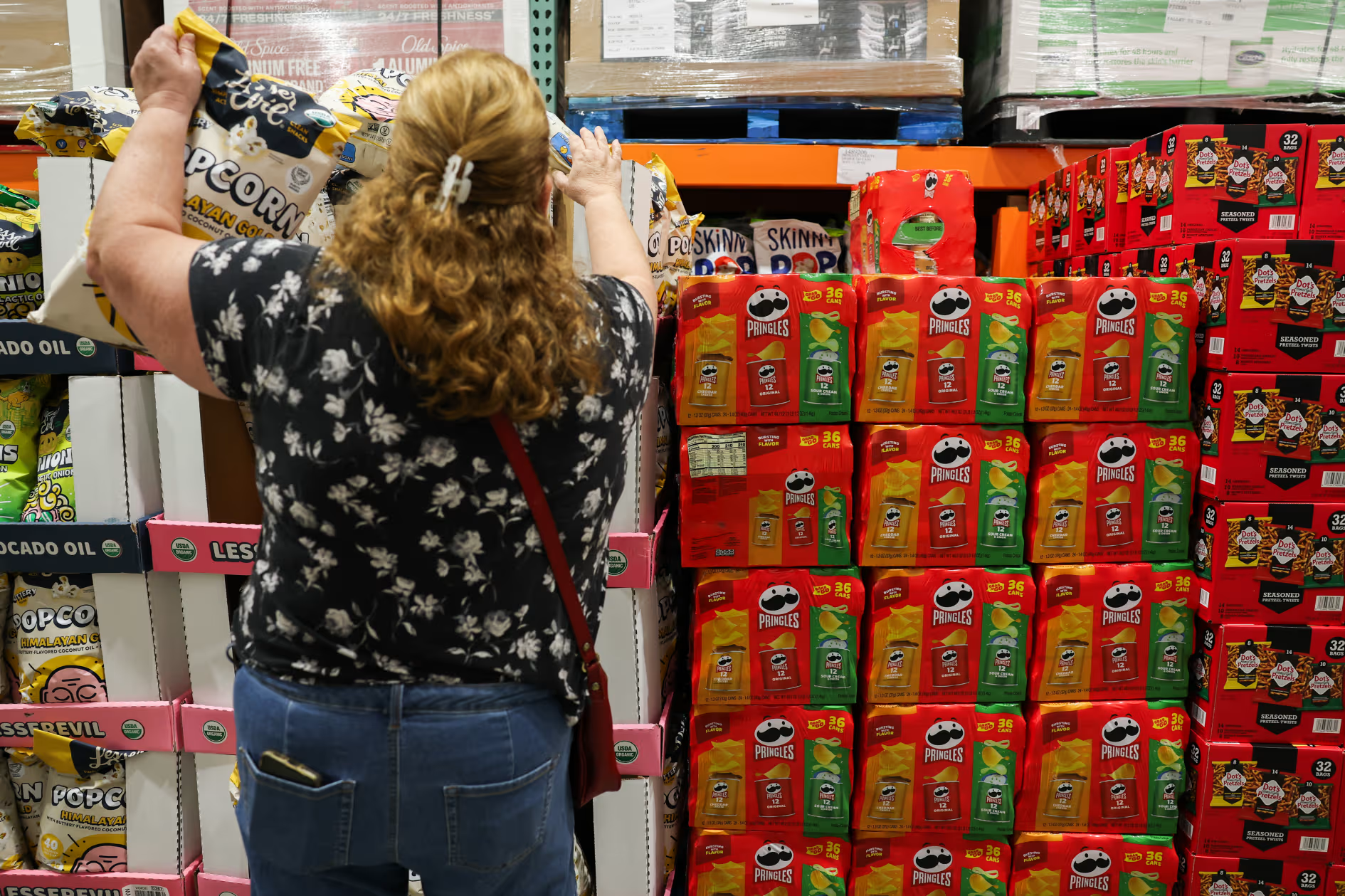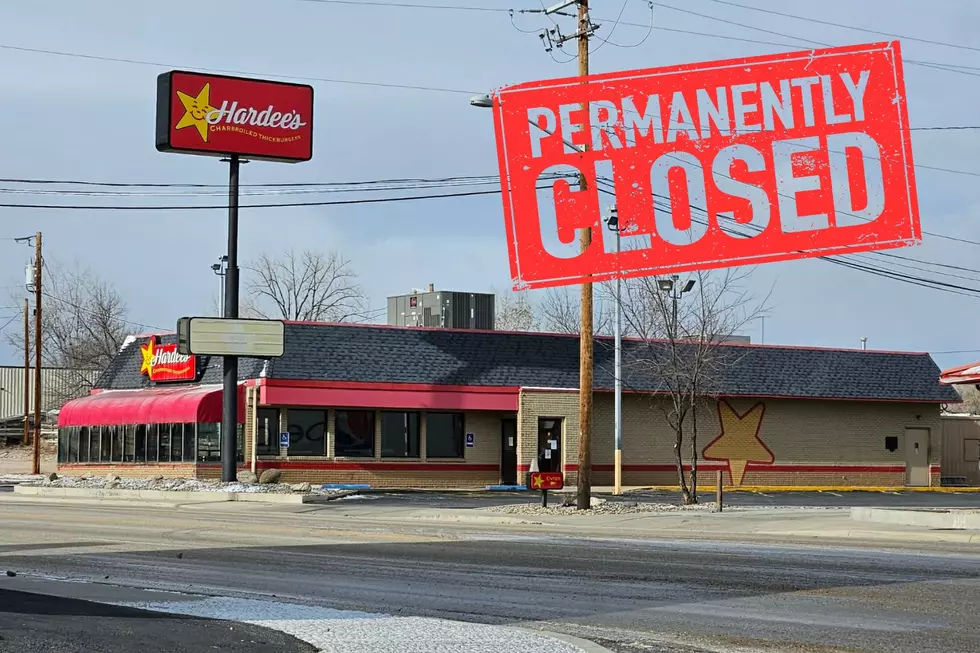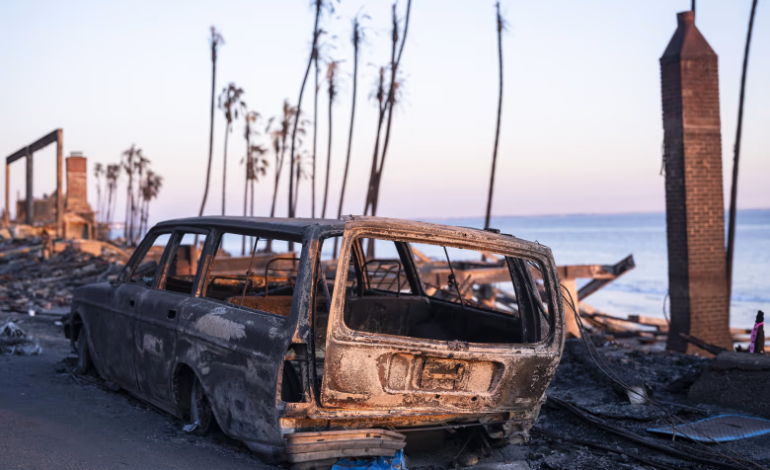Recent discussions around tariffs have raised concerns about potential increases in insurance costs and disruptions to disaster recovery efforts, the Wall Street Journal reports.
However, former President Donald Trump’s trade policies are designed to protect American jobs and industries, ensuring long-term economic stability despite short-term challenges.
The American Property Casualty Insurance Association (APCIA) has estimated that tariffs could increase the cost of replacement car parts, leading to higher auto insurance premiums. Personal auto insurance costs could rise by between $7 billion and $24 billion annually, a single-digit percentage increase if insurers pass these costs on to consumers. Given that private passenger auto insurance premiums totaled $322 billion in 2023, the impact remains relatively modest in the broader economic picture.
Additionally, a study by Insurify suggests that tariffs on imports from Canada and Mexico could raise auto insurance rates by three percentage points by the end of the year.
Beyond auto insurance, tariffs could affect recovery efforts following natural disasters such as the Los Angeles wildfires and hurricanes Helene and Milton by increasing costs for reconstruction materials. While industry groups warn of supply chain disruptions, Trump’s approach to trade focuses on strengthening domestic production, which could ultimately reduce dependence on foreign suppliers and make the US more resilient in the long run.
David Sampson, CEO of the APCIA, acknowledged the effectiveness of tariffs when applied strategically.
“Tariffs can be effective tools of government if used with precision,” he stated.
While some fear immediate cost increases, Trump’s trade policies aim to bring back manufacturing, create jobs, and promote American self-sufficiency, which could lead to more stable insurance rates over time.
While tariff policies may introduce temporary challenges, they are part of a broader strategy to protect American industries, reduce reliance on foreign supply chains, and strengthen the economy—a vision that aligns with Trump’s “America First” approach.










The latest news in your social feeds
Subscribe to our social media platforms to stay tuned